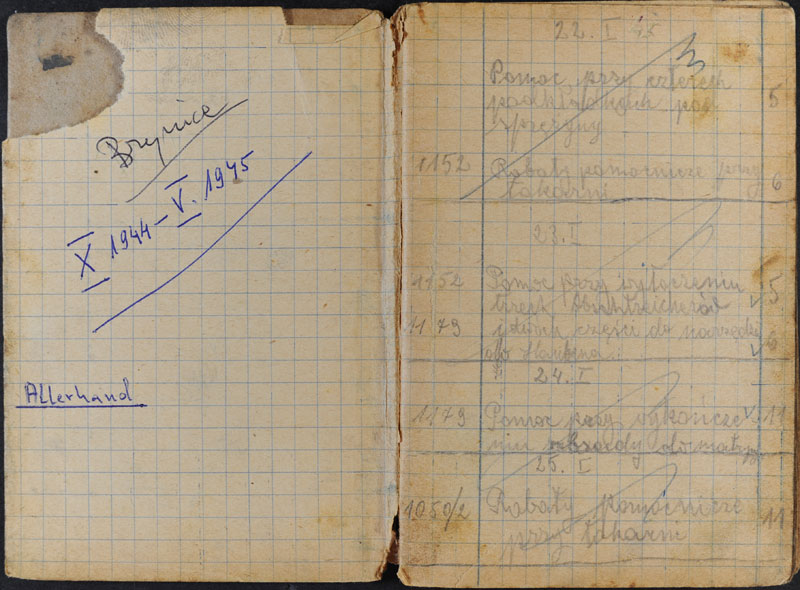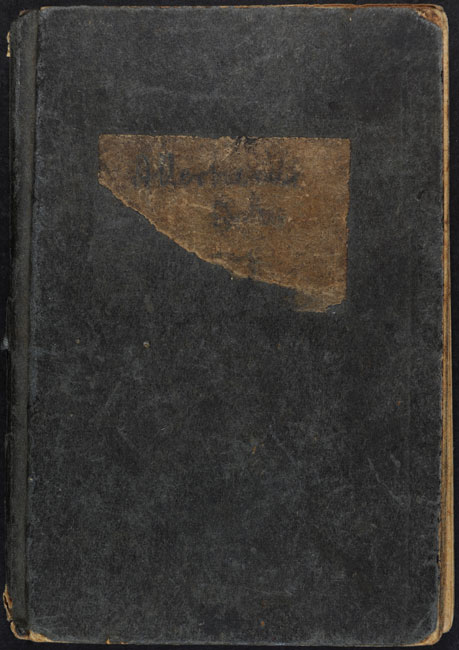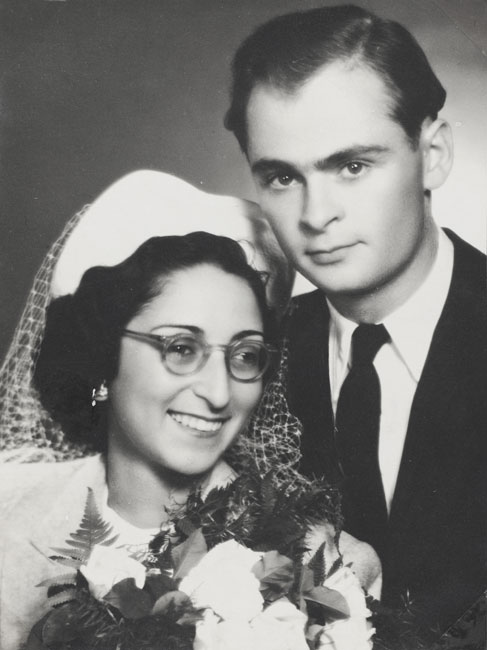Alexander Allerhand, one of Oskar Schindler’s survivors, was born in Krakow in 1928 to Leopold and Gusta née Kreisler, an elder brother to his twin sisters Anna and Rosa.
His father Leopold was conscripted to the Polish army at the beginning of the war. He fell into German captivity and survived as a Polish prisoner-of-war.
On 28 October 1942, Alexander and his mother Gusta were deported on a transport of 7,000 Jews from the Krakow ghetto to the Belzec death camp. Two days earlier, Gusta had smuggled her daughters out of the ghetto to a family of Polish farmers in the village of Mogila near Krakow.
Alexander relates in his memoir that he and his mother had no doubt that they were being sent on their final journey. His mother pleaded with him to leap from the cattle car. Initially Alexander refused, but his mother’s fears for his sisters’ fate, should no one from the family return to take them, eventually convinced him to try to escape. Alexander parted from his mother for the last time, and at almost one o’clock in the morning, leapt from a small window in the car. He returned to the Krakow ghetto and was sent to the Plaszow concentration camp where he was added to Schindler’s list.
At the end of 1944, with the approach of the Red Army, the prisoners were evacuated from Plaszow. Most of the inmates – about 20,000 in number – were sent to death camps. Schindler managed to convince the army leadership to relocate his factory and its workers so that production would not be interrupted. The Brunnlitz factory was established in the Sudetenland for this purpose. Following extended negotiations he managed to add additional inmates from Plaszow to the Jewish factory workers, saving them too. The move was not without problems. Despite the assurances, about 700 men from Schindler’s list were sent to the Gross-Rosen camp and 300 women to Auschwitz. Schindler however was not to be deterred; he used all possible means, including the bribery of senior officials, to bring his Jewish workers to Brunnlitz.
Alexander was among the men sent to Gross-Rosen. Thanks to Schindler’s efforts, the men were removed from the camp and transferred to Brunnlitz three days later. Alexander worked in the munitions factory. In the evenings, he documented his work in a small notebook. He met Christina Wohlfeiler, his future wife, in the camp; she was also born in Krakow and is another of Schindler’s survivors.
In May 1945, Brunnlitz was liberated by the Red Army. Alexander and Christina married in Krakow in 1951 and immigrated to Israel in 1957.
Alexander donated his work notebook from the Brunnlitz factory, where his life was saved, to Yad Vashem.




